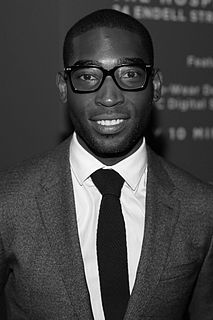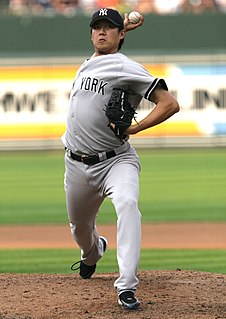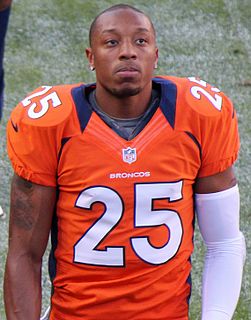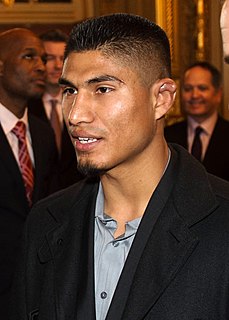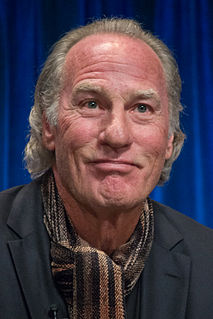A Quote by Tinie Tempah
Coming from an African background, obviously the foundation of the family home is education, probably because my parents had to work a lot harder for everything that they've got in this country.
Related Quotes
The underdog is a person that's at-risk, a person that has a lot of big trials you have to overcome. I mean that was my life. Me - coming from a single parent home. I didn't have offers coming out of high school. So I had to really have faith and lean on Jesus for everything because nothing was given to me. I had to really work for everything. I'm definitely an underdog. I think Jesus made me be in that situation to be able to relate to more people. That's why give back to the at-risk kids.
And I’ve said this all across the country when I talk to parents about education, government has to fulfill its obligations to fund education, but parents have to do their job too. We’ve got to turn off the TV set, we’ve got to put away the video game, and we have to tell our children that education is not a passive activity, you have to be actively engaged in it. If we encourage that attitude and our community is enforcing it, I have no doubt we can compete with anybody in the world.
Like tens of millions of Americans, my parents were immigrants. They were poor and did not speak English well. They went to flea markets and sold gifts to make ends meet. Eventually, through hard work, they opened six gift stores in shopping malls. My parents achieved the American dream; they went from being poor to a home and gave my brother and me an amazing education. I wanted to serve the country that gave so much to my family.
I think when I came into marriage -- especially when you've had divorced parents like myself... You'd want to try even harder to make it work and you don't want to fall back into a pattern that you've seen happen in your own family. I desperately want it to work; I desperately love my husband and I wanted to share everything together. And I thought that we were a very good team.
I grew up in a family of educators - my dad was a professor, my mom was a high school grammar and French teacher - so certainly my entire life education was stressed as incredibly important. And I think especially for my parents, who are both immigrants, and when immigrants come to this country, they understand that education is something that no one can take from them. You might leave the country with absolutely nothing, but no one can take your education from you.
I'm deeply grateful to live and work in this country and to the United States for opening its arms to me the way it has. I mean I think my attitude as an Aussie coming here - I've been coming here for a while now, I've been coming here for about 12 or 13 years - is that this country has afforded me and my family work and security. For that, I'm forever grateful.
The thing is, people don't understand that girls right now are being forced to have to pick one or the other. You are being forced to have to choose wrestling or an education. I got a scholarship going to school in Canada, but it was pretty expensive because I was an international student. And so for some girls right now, they don't have the means or the opportunities to do both. A lot of girls are obviously choosing an education because you need a future and a career and everything, and wrestling can't promise everyone that. I think that's a huge barrier.
A lot of people, once they become champion, they relax, kind of sit in the position and try to enjoy it. But I feel like everything I've ever worked for could be lost at any moment. I work harder and harder and harder, because I want to be farther ahead with every fight, and not worrying about these girls catching up to me.
